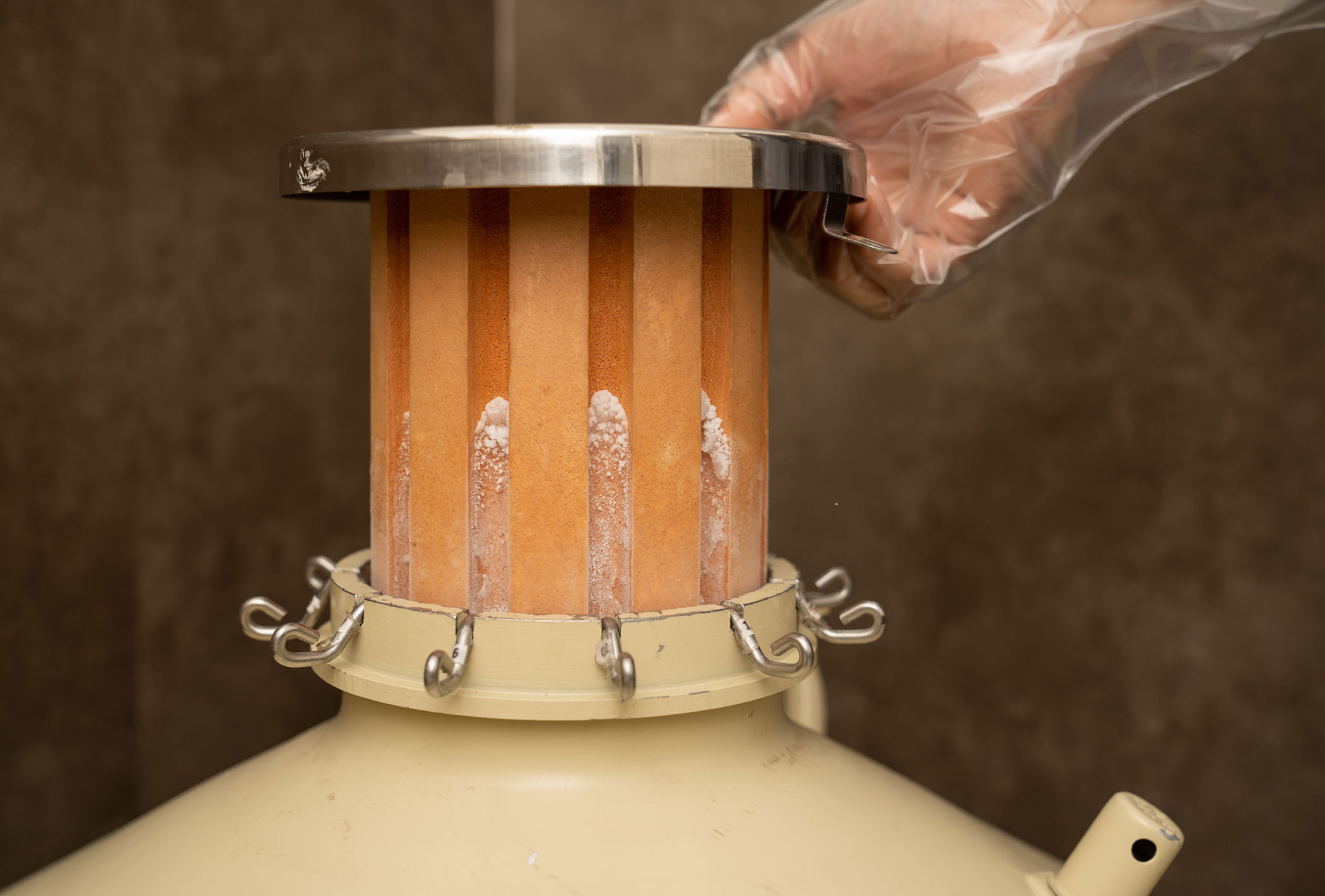Oocyte cryopreservation
Oocyte cryopreservation, also known as egg freezing, is a method used to preserve reproductive potential in women wherein the woman’s eggs (oocytes) are harvested from the ovaries, frozen unfertilized and stored for later use. During IVF treatment, the frozen egg can be thawed, combined with sperm in a lab and implanted in the uterus.
Why should one go for Oocyte cryopreservation?
One should consider freezing their eggs in case:
- One is about to undergo treatment for cancer or any other illness that may affect fertility in future. Treatments like radiation or chemotherapy can harm fertility. Egg freezing before treatment can help one have biological children later.
- One undergoes IVF and if the partner isn’t able to produce sufficient sperm on the day eggs are retrieved.
- One wants to preserve younger eggs now for future use.
- One can use frozen eggs to try to conceive a biological child with sperm from a donor.
Oocyte cryopreservation: The process
The process is done in three stages – ovulation induction, egg retrieval and freezing.
Ovulation induction
The mother, at the beginning of her menstrual cycle, will have to start synthetic hormones to stimulate the ovaries to produce multiple eggs. For the process of superovulation, she has to be on different medications, such as:
Follicle-stimulating hormone or human menopausal gonadotropins for ovarian stimulation.
Gonadotropin-releasing hormone agonist (Lupron) or a gonadotropin-releasing hormone antagonist to prevent premature ovulation.
Eight to 14 days later, when the follicles are ready for egg retrieval, human chorionic gonadotropin or other medication can help the eggs mature.
During the treatment, the mother will have to undergo vaginal ultrasounds, a procedure that uses sound waves to create an image of the inside of the ovaries to monitor the development of fluid-filled ovarian cysts where eggs mature. Blood tests will measure her response to ovarian-stimulation medication. Oestrogen levels typically increase as follicles develop and progesterone levels remain low until after ovulation.
Egg retrieval
Egg retrieval is done under sedation using transvaginal ultrasound aspiration, wherein an ultrasound probe is inserted into the vagina to identify the follicles. A needle guided through the vagina and into a follicle has an attached suction device which is used to remove the egg (or multiple eggs) from the follicle.
Freezing
Shortly after the eggs are harvested, they are frozen to be preserved for future use.
After effects of egg retrieval procedure:
In normal cases, the woman can resume daily activities within a day or two, but she has to avoid unprotected sex to prevent unwanted pregnancy. There could be symptoms like:
- Fever
- Abdominal cramps
- Feeling of fullness
- Weight gain
- Vaginal bleeding
- Difficulty in urinating
If the symptoms persist or worsen, one has to contact the doctor without delay.


















